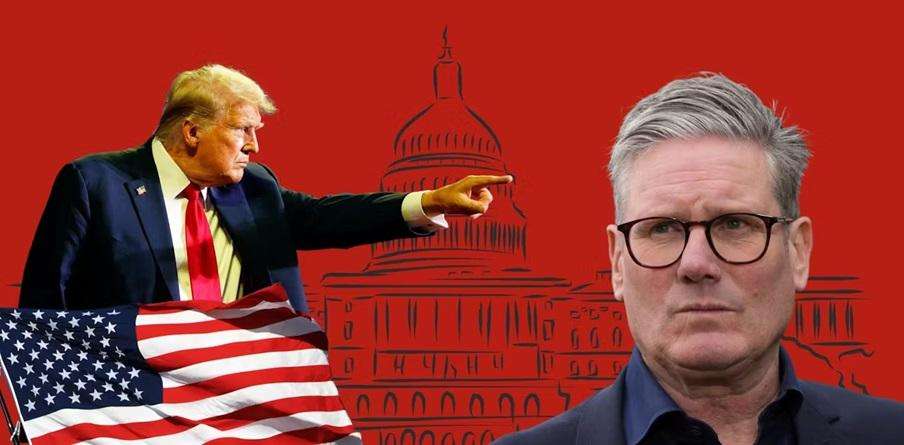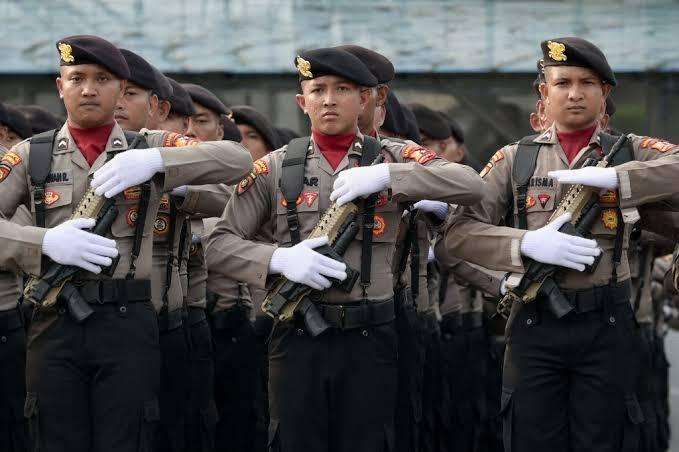Sir Keir Starmer's position as Prime Minister is becoming increasingly unstable due to poor polling and a series of growing controversies.
In an exclusive interview with GB News, a leading elections expert described Labour's rapid decline as "remarkable" even by historical standards, comparing it to the party’s crushing defeat in the 1979 General Election.
Adding to Starmer’s troubles, fresh allegations have emerged regarding his actions during the Covid pandemic. A new book, Get In, serialized in The Sunday Times, details Labour’s return to power after 14 years in opposition and claims Starmer met communications coach Leonie Mellinger at Labour headquarters in December 2020, despite strict Tier 4 lockdown rules in London.
At the time, Tier 4 restrictions required non-essential workers to stay home, though Mellinger reportedly qualified for "key worker" status. However, questions have been raised about whether this meeting complied with Covid regulations. The Guido Fawkes website suggested it could be a rule violation since a political vocal coach was unlikely to be classified as an essential worker.
The Conservatives have demanded clarity, with Shadow Paymaster General Richard Holden calling for an independent investigation. Former Labour MP Stephen Pound stated that Starmer would step down if found guilty of breaking Covid rules, telling GB News: “Keir Starmer made it clear—if the police found him guilty and issued an official caution, he would resign.”
This latest controversy comes after a turbulent first six months for Starmer as Prime Minister, during which he has faced backlash for cutting the winter fuel allowance for millions of pensioners, upsetting farmers over inheritance tax changes, and dealing with scandals such as "wardrobe-gate" and his response to the Southport killings.
Polling expert John Curtice told GB News that the public mood against the government is historically severe. “The only comparable situation where a government’s support collapsed this quickly is probably 1979,” he said, referencing Labour’s landslide defeat that year amid economic chaos, widespread industrial strikes during the "Winter of Discontent," and a broader shift in public sentiment.








.svg)


